A lot of people are under the misconception that you’re only an “addict” if you’re addicted to drugs or alcohol.
It’s true that the word “addict” is most commonly used to describe people who are addicted to those substances.
But drugs and alcohol are not the only substances human beings can become addicted to.
Addiction to sugar and soda are two things millions of Americans either are battling or have battled. And an unfortunate number are completely unaware they even have these addictions.
I’ve been addicted to both sugar and soda. Back when I was a personal trainer in New York, I’d take a donut into the bathroom with me, go into a stall, and put my feet up so no one could see I was in the stall. Only then would I eat it, because I was so ashamed of myself.
I also once completely ruined a vacation, because I was addicted to Diet Coke, and spent the whole time obsessed with where I’d get my next “fix.”
A lot of people don’t want to admit they’re addicted to sugar or soda. “Well, Cristy, I could stop eating sugar and drinking soda any time I want. I just don’t want to!”
If someone who drank a lot or used drugs said that, would you believe them?
How sugar consumption creates addiction
Sugar affects the “rewards center” part of your brain. When you eat it, your brain releases the “feel good” hormone, dopamine.
Drugs like meth and cocaine have the same affect.
And just like taking drugs over and over, eating sugar over and over gets your brain used to the “high” you get when you eat sugar. That means you become less sensitive to it.
So you have to eat more and more to get the same rush.
Eating sugar also spikes insulin, which triggers your body to store the sugar you just ate as fat.
And then you “crash,” your sugar level hits rock bottom, the “high” feeling wears off, and you’re grumpy, tired, and hungry. So what do you do?
You reach for another “fix,” i.e. more sugar.
Addiction, whether we’re talking sugar, soda, or drugs and alcohol, isn’t about willpower. It’s about chemistry. And this chemistry overrides your will to eat healthy foods.
Also because there’s chemistry (and chemicals, in the case of soda), when you attempt to give up soda and sugar, you experience physical symptoms, the way people who give up drugs and alcohol do.
It might be headaches, flu-like symptoms, brain fog, lethargy, and of course, intense cravings. The symptoms vary a little from person to person, but these are among the most common.
On the Code Red Lifestyle, I take people off soda and sugar (not just sugar itself, but also foods that turn to sugar in the body). The idea of giving those foods up, very understandably, scares a lot of people.
That’s why they have to be really ready in order for it to stick; and to lean on me and their fellow Rebels for support.
We drink a lot of water on the Code Red Lifestyle, which helps a lot…but the detox symptoms still happen.
The great news is, once my clients come out the other side of detox, they feel amazing. And the more time passes, the less they crave sugar or soda, so long as they drink their water, get enough sleep, and process their stress in healthy, non-food ways.
If you’re tired of your sugar and soda addiction interfering with your life, click the button below to join the 10 Pound Takedown waitlist. You’ll get the support and education you need to overcome your soda and sugar addictions once and for all.
